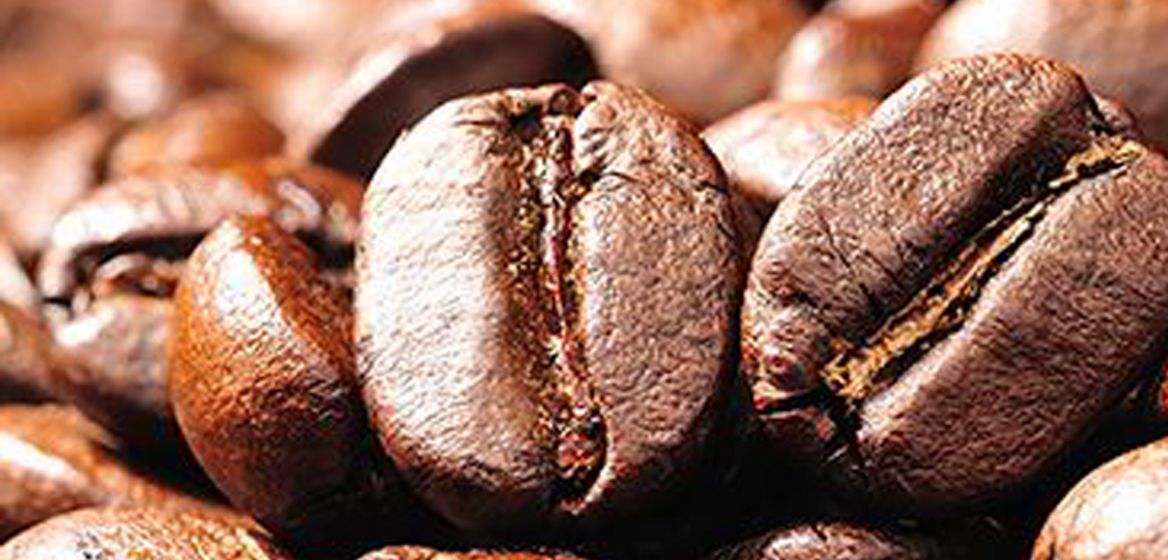Coffee Production is Shrinking: Here’s What We’re Doing About It
November 29, 2018
Due to changing climates, the amount of land around the world that is suitable for coffee farming is expected to be cut in half by 2050[1]. In Colombia alone, coffee production decreased by 33% due to inclement weather patterns from 2008 to 2013[2]. Now more than ever, it’s obvious that coffee needs people if we want to keep harvesting and drinking it well into the future.
That’s why we at McDonald’s have committed to using our scale to do our part. We are investing in our coffee farmers, their farms and communities to offset the impact of this growing threat. To this end, we have made a commitment to source 100% of our ground and whole bean coffee sustainably by 2020. This includes espresso-based drinks and coffee brewed at restaurants, as well as all coffee retail products.
One way we’re accomplishing this goal is through the McCafé Sustainability Improvement Platform (SIP). McCafé SIP was founded in 2016 in partnership with Conservation International as a framework that guides McDonald’s coffee supply chain in sustainable sourcing. It also prioritizes investment in coffee growers and their communities over the long term.
Through McCafé SIP, we are able to better know and understand the farmers in our supply chain growing our coffee. We’re taking steps to improve their livelihood. We’re also enabling roasters to leverage their expertise and relationships with these farmers to innovate and advance sustainable farming practices. These programs are providing farmers with access to training and agronomists – specialists in the science and technology of farming – helping them take better care of their land and increase their overall productivity and the quality of their coffee.
We’re already seeing great results, but we know there is more work to be done.

